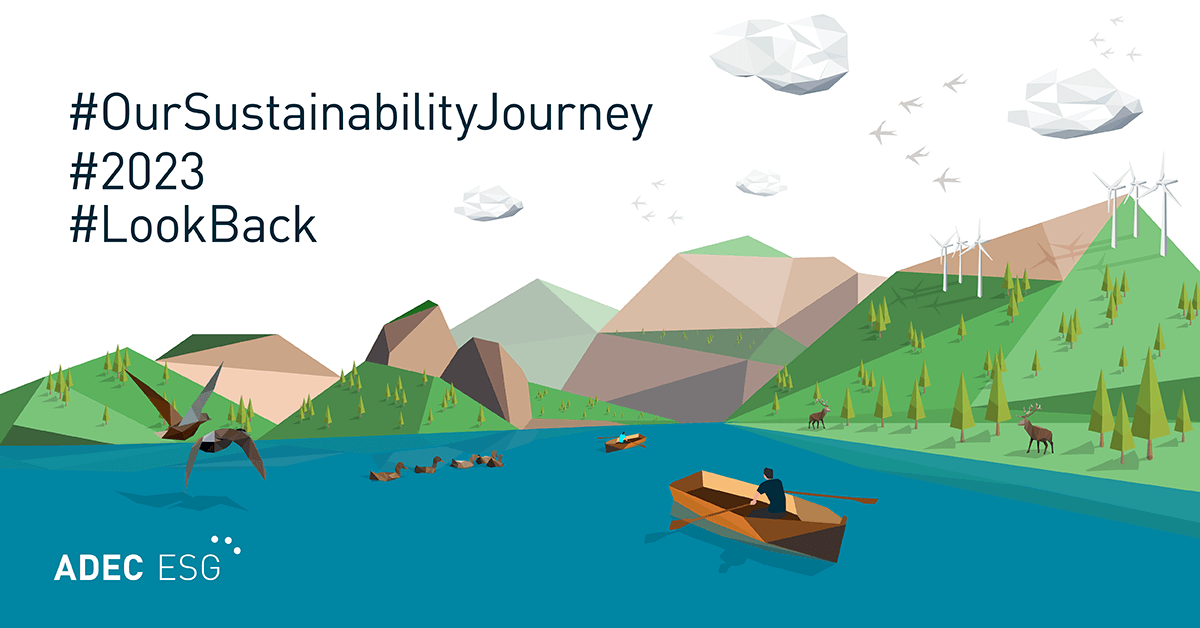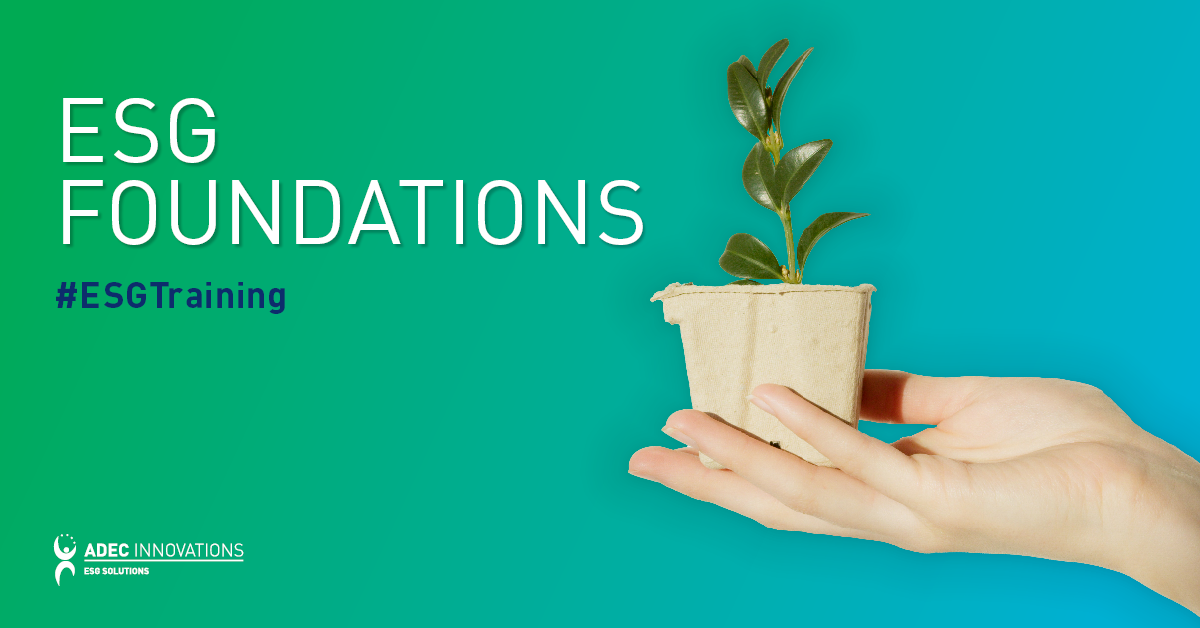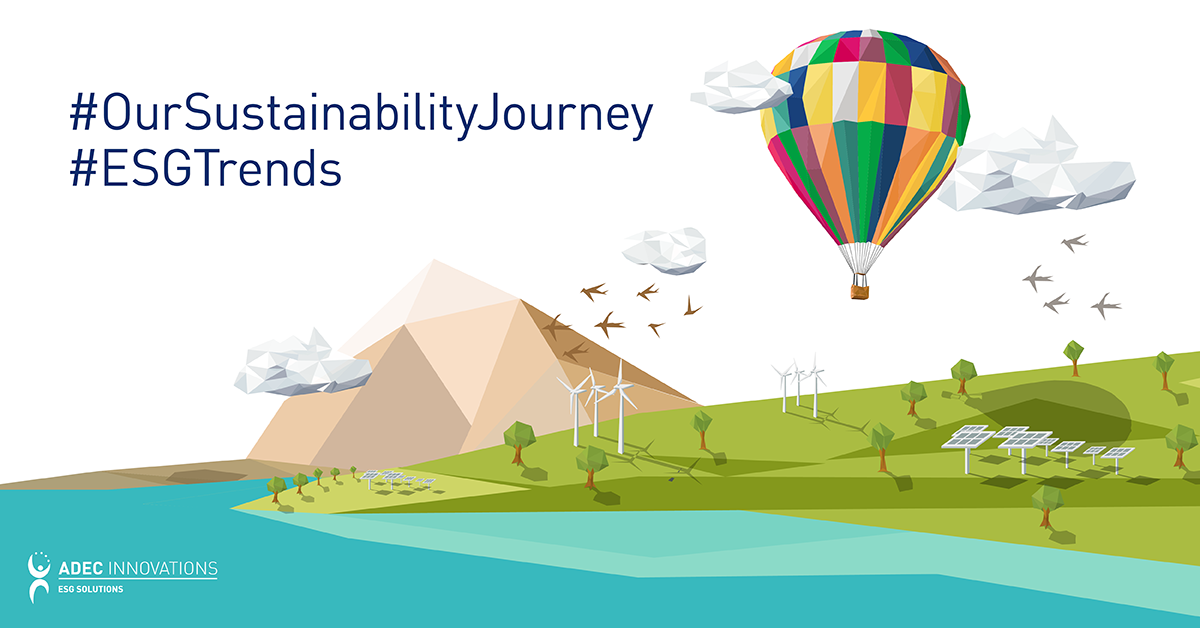Adopted at the United Nation Sustainable Development Summit in September 2015, the Sustainable Development Goals (SDGs) are a UN initiative of 17 goals and 169 targets to end poverty, fight inequality and injustice, and tackle climate change by 2030. Also known as Transforming Our World: the 2030 Agenda for Sustainable Development, this international agreement among UN members focuses on a broad range of interconnected economic, social and environmental objectives. These objectives address the world’s biggest challenges, and the plan is to achieve them through multi-sectoral global partnerships.
One sector that will play a crucial role is the Information and Communications Technology (ICT) sector. The UN itself acknowledges that leveraging ICT will play a vital role in their efforts. The UN General Assembly for the 2030 Agenda has stated that “the spread of information and communications technology and global interconnectedness has great potential to accelerate human progress, to bridge the digital divide and to develop knowledge societies.” The UN Assembly sees ICT infrastructure as a cross-cutting ‘means of implementation,’ underpinning the achievement of every goal. All three pillars of sustainable development – economic prosperity, social inclusion, and environmental protection – need ICT as a key catalyst. The 17 SDGs can be realized, but only with greater progress in the speed, degree and equality of development. Economic growth in the business-as-usual context will not achieve the SDGs. Only ICT, particularly broadband, can provide this surge in development.
Information and Communications Technology in 8 Sustainable Development Goals
“How Information and Communications Technology can Accelerate Action on the Sustainable Development Goals,” a joint report by Ericsson and the Earth Institute, presents the possible role of ICTs in each of the SDGs. Here is a list of ICT’s role in SDGs 1 to 8:
SDG 1
End poverty in all its forms
By providing timely and accurate information services to ensure equal rights to economic resources, ICT creates possibilities for the improvement of productivity among millions of people so they have better means of income and livelihood. It promotes work and financial inclusion by enabling services such as mobile banking and micro-crediting and by giving access to markets for small producers and their products.
SDG 2
End hunger, achieve food security and promote sustainable agriculture
ICTs can give farmers direct access to market information, weather forecasts, logistics and storage to help increase agricultural yield, restore soil, reduce waste and improve productivity.
SDG 3
Ensure healthy lives and promote well-being
Connectivity and digital technologies are close to creating a global healthcare ecosystem. ICTs allow health workers to be connected to health information and diagnostic services. Analytics can help healthcare professionals make projections about diseases and patient knowledge and attitudes, and to enable the effective and continuous management of diseases and health practices.
SDG 4
Ensure inclusive and equitable quality education
With connectivity, students can access learning resources and opportunities even in remote or low-income areas. Teachers can prepare for classes anytime or anywhere. ICT opens up access to education to underserved populations for whom improved educational opportunities lead to improved economic opportunities.
SDG 5
Achieve gender equality and empower all women and girls
ICT supports gender equality by leveling the playing field for women and girls. Connectivity gives them access to information that helps them with their productive, reproductive and community roles. ICTs give access regardless of gender to markets, education, training and employment for greater opportunities in sustainable livelihood.
SDG 6
Ensure availability and sustainable management of water and sanitation
ICTs make smart water management possible, something crucial to making water and sanitation more widely available. ICTs also aid in determining infrastructure location; delivering better and lower-cost maintenance; and optimizing operations and improving quality of service to customers.
SDG 7
Ensure access to affordable, reliable, sustainable and modern energy
ICT-based solutions have already been a crucial tool in helping organizations achieve energy efficiency and reduce emissions. The ICT industry has also been making strides in more environmentally sound and less carbon-intensive products and services. These include smart grids, smart buildings and homes, and smart logistics that improve energy efficiency and lower energy consumption across different sectors.
SDG 8
Sustained, inclusive and sustainable economic growth, employment and decent work
ICTs or digital technologies are transforming day-to-day business in both traditional and new sectors. Many forms of employment in the 21st century require ICT skills. These days, a ten-percent increase in ICT capital services translates to at least a 0.9-percent increase in GDP.
ICT serves as a support structure for all of the 17 Sustainable Development Goals (SDGs), helping bring about their advancement, especially in relation to the universal coverage of basic services. Thus, national policies should realize that the universal roll-out of ICT infrastructure and services within the public and private sector will better serve the SDGs.
ADEC ESG is a leading provider of sustainability solutions, including fully-integrated industry expertise, software solutions and data management. We help governments and organizations improve performance by recognizing challenges and providing effective solutions. For more information on sustainability practices that promote the UN’s Sustainable Development Goals, read more from our blogs.




